Note: In 2020, I’m writing 52 blog posts, one per week, released on Mondays — or two days late when I’m busy talking into a microphone at federal Congresspeople and switching from cooking with Pacific Foods coconut milk to cooking with Aroy-D coconut milk, each of those matters more complex than they might initially seem. Anyway, here’s today’s post, the one for Week 5.
Note: My first two blog posts this year, and last week’s, have all been updated a tiny bit. You might want to check out particularly the updates to my post about Russiagate whistleblower Reality Winner’s clemency petition.
Note: This post obviously belongs, as Part 2, to a series of posts about my trip from Seattle, where I reside, to British Columbia in Summer 2019. Here’s the completed series, a USian escapes the bubble: Part 1, Part 2, Part 3, and (forthcoming) Part 4.
After leaving the border station and entering Victoria, I was amazed at how calm everyone was around me, at the immediate drop in ambient anxiety relative to the United States. I wondered if this was perhaps due to my current location in a touristy area, right by the border station and downtown attractions such as the British Columbia parliament buildings and the surrounding fancy statues. Or if the presence of universal health insurance coverage, next to no mass shootings, and a pervasive metric system might deserve the credit. Before leaving in earnest the area just around the border station — much like putting your shoes back on once through the TSA pornoscope — I took some time to fiddle with my backpack and figure out my OpenStreetMap.
The first Mapsco, uploader unknown. Company seems to still exist
Yeah, my time in Canada began with tinkering with OpenStreetMap, a significantly helpful component of this adventure. Directions without Google is a thing. OpenStreetMap somehow reminded me of science fiction and fantasy maps. If you originally hail from Texas, as I gloriously do, you might remember those old Mapsco books allowing travelers to find streets on a printed grid to explore their hometowns. Maybe we’ve been mapping ever since we first figured out how, real and fictional worlds alike.
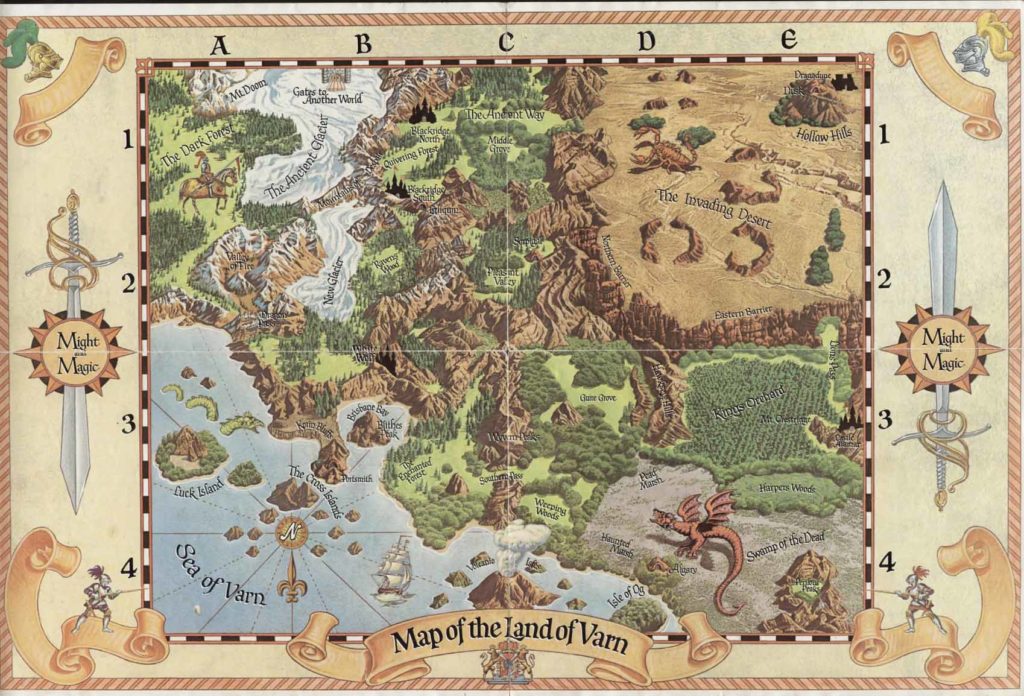
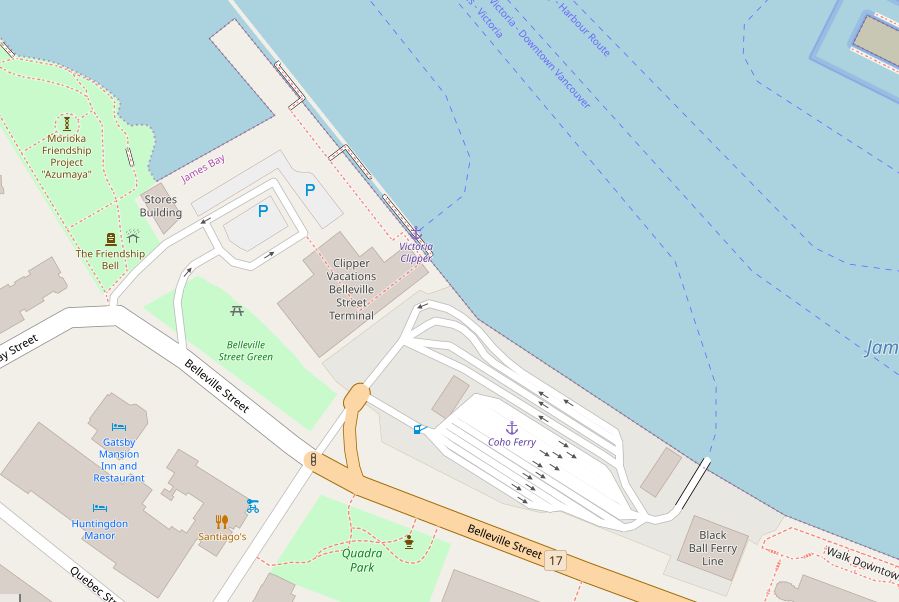
Here be no dragons
Backpack secured, map in hand, I headed for the hostel. Along the way, drivers moved their cars with infinitesimal slowness, stopping for anyone within kilometers who might be pondering crossing a street someday in their lives. I kept looking around, bewildered. Where was, where was… was… something? Something was missing. No edginess anywhere. I was looking around for the absent anxiety like it might have been an overshadowed tree or lost ballcap, as some think God or envy should be objects, and if you can’t spot them in a (tele/micro)scope, they can’t exist. All this made me smile. I continued forward. Along the way, I saw an officialdom building for tourists and went in. I asked to convert some of my US dollars to Canadian dollars and stared at the result in my palm. What, exactly, is a loonie, what is a toonie, why are prices typically rounded to .05 increments, what coins will the hostel laundry machines expect, and why aren’t there any cops anywhere?
Little details differed constantly from the United States, keeping me wide awake and very alive. Canadian bills are super thin, and all week, I thought I was going to accidentally tear one removing it from my wallet. During World War II, creeping toward a full century ago, my grandfather, a highly capable man who ‘did a thing’ (or ten), like operate a bulldozer and repair septic tanks and run a gas station and supervise a school, wrote to his local print newspaper in East Texas explaining in terms possibly considered offensive today what people on the other side of the planet looked like. Makes sense, right, what else were they going to do eighty-odd years ago in that Deep South pocket of Texas to determine how tall or short these mysterious faraway strangers were, besides communicate with traveling human beings about it, including those travelers who might at times use words considered in some lonely ZIP code to be noncompliant, or even worse, unfamiliar? Heck, maybe (hopefully?) things I’m saying in this post will strike knowledgeable others in the far future as backward.
Time marches on, and new challenges keep humans constantly adapting and growing stronger — plenty of people don’t want that. We USians proudly know we can ask corporate Alexa/Siri about, say, Canadian bills and come across information regarding their thinness and maintain the superiority complex we USians all seem trained to have about being very stable geniuses (as most of us hide under our beds afflicted with chronic helplessness). And yet that mild fear, all week, of accidentally ripping the Canadian bills made me, perhaps like Mary the Color Scientist, amazed at how much there is in this gigantic world, 190-odd countries and seven billion non-USians, that most of my offline acquaintances and I do not know, in any meaningful sense, sometimes not even at the googling, pixels-on-screens level, since to learn about something unfamiliar usually requires first hearing about something unfamiliar, and then not snarling: “I DON’T KNOW WHAT THAT MEANS.” If you have friends who will ask for the definition of an unfamiliar word when you use it, hang on to them…
Entering the hostel, I was met with a hilarious employee behind the desk, who was blasting Al Jazeera. In 2001 two US bombs destroyed an Al Jazeera office in Kabul, in 2003 a US missile attack hit an Al Jazeera office in Baghdad and killed a reporter, plus a leaked memo from a 2004 Blair-Bush II discussion, re: how about doing some more of that, was subjected to media gagging in the UK that looks to still be ongoing (source, source). Besides the moneychanger and the border g̶o̶d̶ guard, this was pretty much the first Canadian I would speak with at any length on this trip. And my country had bombed his favorite news network repeatedly. He was from another country originally and was eventually headed for yet another — migration that, while rarely spoken of or even imagined by hordes of USians (tons of exceptions), seemed a common feature of many I spoke with in British Columbia — and he’d passed through Los Angeles a while back. After I made my appreciation for Al Jazeera known, he passed on to me his conclusion from L.A.: “The United States has two types of people: the terrifying, and the terrified.” Nodding, I said, “And neither knows it.”
The hostel was really cool. I hadn’t quite known what to expect from online reviews and threads, as I’d never stayed in a hostel before, but everything went straightforwardly.
A desktop computer offered easy Internet access, a lending library supplied books for half-asleep travelers to rest on their bellies while dozing on the couches, the few laundry machines were constantly in use by everyone, the kitchen had ample refrigerator space, cooking gear, and conversation, and there was a television room — I basically never watch TV, except maybe some downloaded Star Trek or Twilight Zone now and then, but I thought briefly watching Canadian news might be interesting. It was. The hosts discussed their differences with excessive politeness and grammatically correct, syntactically complex sentences. Changing channels at random, I finally understood why my decades-long Internet friend in the Canadian Prairies region had an email address ending in @shaw.ca. I mean, I knew Shaw Communications was a giant Canadian telecommunications company, but there it was, right there, a few y̶a̶r̶d̶s̶ m̶e̶t̶e̶r̶s̶ metres in front of me on an everyday Canadian television screen. While stereotypes of the dumb USian might come to mind, and I’m writing a bit like that for humor, during none of this trip did I actually feel stupid, not because of a superiority complex, but because everything seemed really fun and exciting to experience, to learn about.
One practical tip regarding sleeping. At night, my backpack was locked up in a locker, right? With a padlock and key. So where would I put the key while sleeping? I didn’t want to give it to anyone or hide it. My only remaining option, seemingly, was putting it in my shorts pocket — which had no zipper. As I rolled around in my sleep, the key came out of my pocket a few nights, and once or twice almost slipped down into the crack between my bed and the wall. Tip? From now on, shorts with zipper pockets.
Early on, I checked out Green Cuisine Vegetarian Restaurant, where I finally experienced one of the most common observations about the United Status versus other countries, an observation that does actually penetrate the USian hive mind somewhat. Yes, I’m talking about portion sizes. At the Green Cuisine buffet restaurant and everywhere else in Victoria, the plates, the bowls, the booths, the bar stool cushions, and the derrières atop those bar stool cushions, were smaller than their USian counterparts. I think the degree to which I had packed my bowls (see photo) drew some startled looks from the polite staff! And it wasn’t just restaurants and derrières. Victoria’s office buildings were shorter, the bus stop benches were narrower, and the tiny lots of the very few car dealerships I walked past were rather apologetic for existing at all. Whereas North Texas is one sprawling mass of enormous strip malls and totalitarian car dealerships. Prices (adjusting for conversion) were smaller too. In Seattle, the equivalent of the pictured meal might run you up toward $20 USD or above, easy. In Victoria, around $10 USD. (Tack on an .05 for Canadian dollars…kidding.) And of course, I grew up where this $21 USD meal is normal (from Allen Texas, 2019):
I hasten to add that while definitely preferring Seattle to Texas, after moving to the US Pacific Northwest, I’ve come to appreciate many things about Texas that I didn’t appreciate while living there — but that’s a whole ‘nother k̶e̶t̶t̶l̶e̶ ̶o̶f̶ ̶f̶i̶s̶h̶ blog post, I reckon, y’hear?
Think about migrating, or just traveling, like algebra, where your geographic location is the term outside the parentheses, and it distributes to each term inside the parentheses, affecting each one. Since we’re living our best lives already, and we aren’t just daily growing stupider as we age confined in cubicles and helplessly hiding under our beds all day watching Frasier in the same ZIP code we were born in, certainly we all remember the distributive property in algebra:
5(a + b + c + d) = 5a + 5b + 5c + 5d
Similarly, geographic locations, starting with Fort Worth Texas:
Ft. Worth(a + b + c + d) = Ft. Worth(a) + Ft. Worth(b) + Ft. Worth(c) + Ft. Worth(d)
Seattle(a + b + c + d) = Seattle(a) + Seattle(b) + Seattle(c) + Seattle(d)
Victoria(a + b + c + d) = Victoria(a) + Victoria(b) + Victoria(c) + Victoria(d)
Now replace the variables a, b, c, and d with various conditions affecting your life, day to day and throughout your life span:
a: safety of air (lack of air pollution)
b: savings on cost of living (lower prices and so on)
c: rarity of mass shootings
d: education level of the public, of professionals, etc.
And whichever additional variables.
Which of course gives us:
Ft. Worth(air safety + savings on cost of living + rarity of mass shootings + education) = Ft. Worth(air safety) + Ft. Worth(savings on cost of living) + Ft. Worth(rarity of mass shootings) + Ft. Worth(education) + etc.
Seattle(air safety + savings on cost of living + rarity of mass shootings + education) = Seattle(air safety) + Seattle(savings on cost of living) + Seattle(rarity of mass shootings) + Seattle(education) + etc.
Victoria(air safety + savings on cost of living + rarity of mass shootings + education) = Victoria(air safety) + Victoria(savings on cost of living) + Victoria(rarity of mass shootings) + Victoria(education) + etc.
Surely you get the idea: while it’s great, in truth mandatory, to improve yourself in this or that regard as an individual, it can upgrade multiple factors impacting your life a lot faster by just picking up and migrating to a better place. As opposed to, say, the individualization of social problems or what’s sometimes called the fundamental attribution error. More simply, from the originator herself of a recent but already well-known quotation:
Obviously, life and locations can be a lot more complicated, and even those with a lot of say in the matter choose to live in certain places only for all kinds of reasons. Some of the most amazing people I’ve met so far have lived in the same house their entire life. Still, I think the above is very worth considering, with far more seriousness than it generally is given.
However, often it’s not logic, like that above, that moves us to make huge leaps in our lives. Instead, it’s our hearts, our dreams, our art… So to conclude this installment, I’ll leave you with the song “I’m Not From Here” from fellow Texan (I’ll always be one) James McMurtry. An excerpt of his lyrics for the song follows. Until next week.
We can’t help it
We just keep moving
It’s been that way since long ago
Since the Stone Age, chasing the great herds
We mostly go where we have to go
This blog post, A USian escapes the bubble: Summer 2019 adventure to British Columbia, Part 2, by Douglas Lucas, is licensed under a Creative Commons Attribution-NonCommercial-ShareAlike 4.0 International License (human-readable summary of license). The license is based on a work at this URL: https://douglaslucas.com/blog/2020/02/05/summer-2019-adventure-british-columbia-part-2/. You can view the full license (the legal code aka the legalese) here. For learning more about Creative Commons, I suggest this article and the Creative Commons Frequently Asked Questions. Seeking permissions beyond the scope of this license, or want to correspond with me about this post otherwise? Please email me: dal@riseup.net.
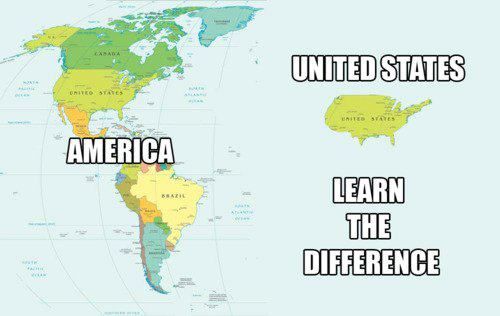
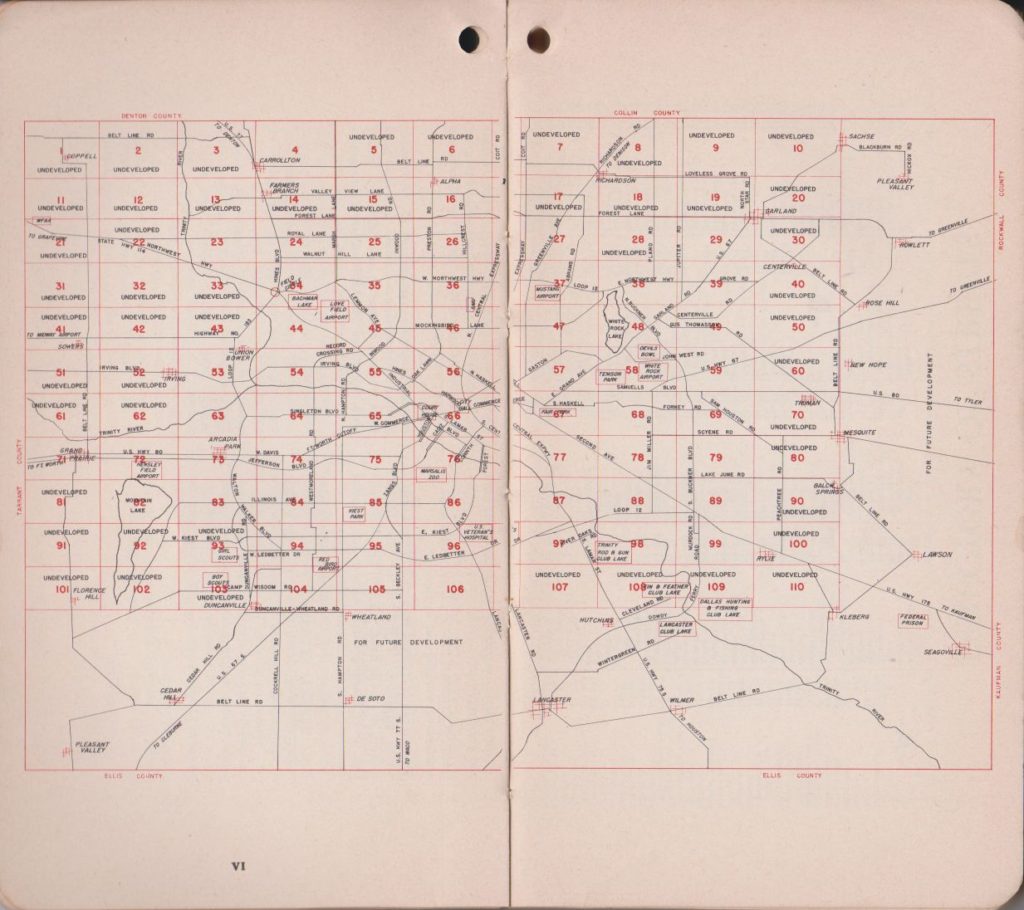
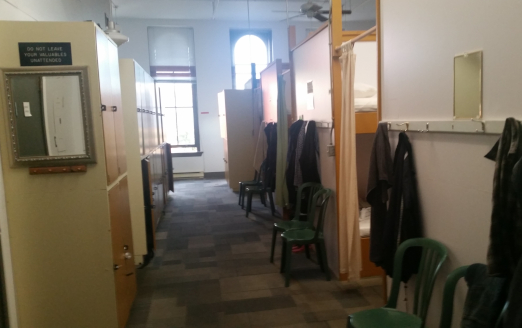
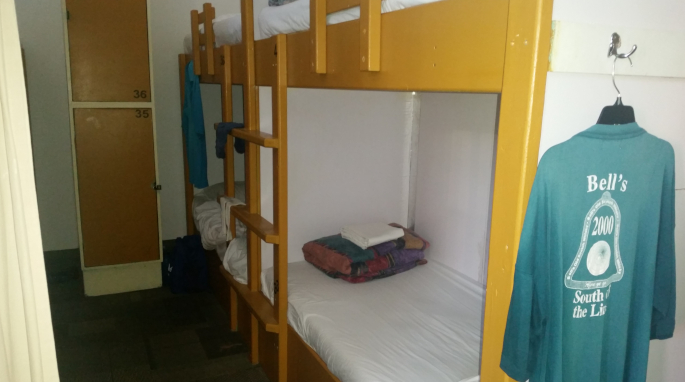



 Twitter:
Twitter:
2 comments ↓
[…] Note: This post obviously belongs, as Part 3, to a series of posts about my trip from Seattle, where I reside, to British Columbia in Summer 2019. Here’s Part 1 and Part 2. […]
[…] A USian escapes the bubble: Summer 2019 adventure to British Columbia, Part 2 → […]
Leave a Comment